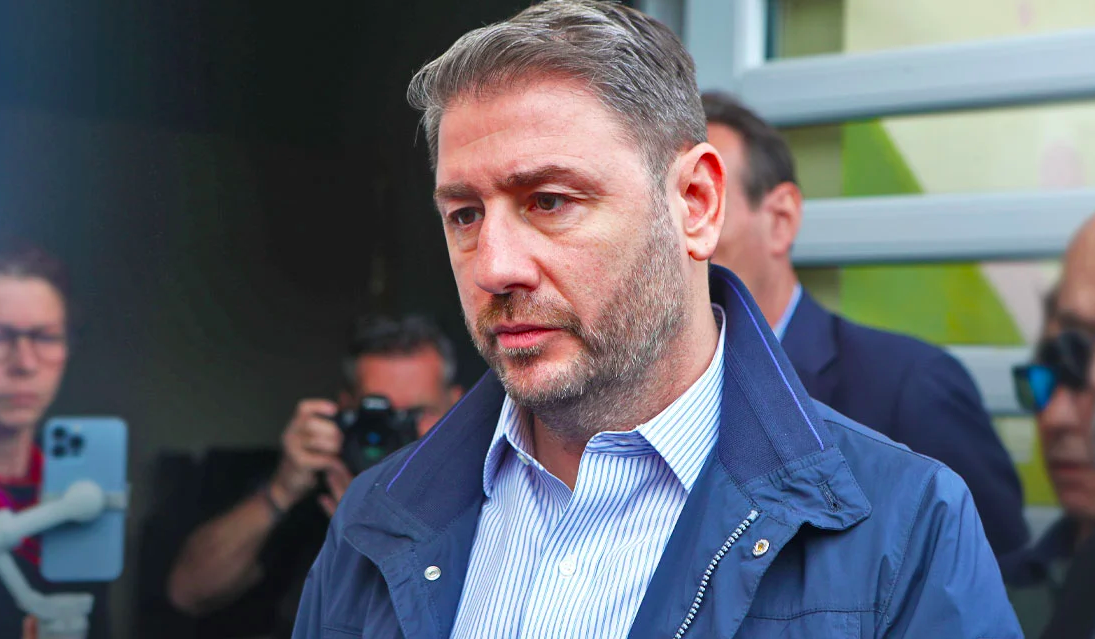Nikos Androulakis, despite taking responsibility for PASOK’s failure to achieve second place in the European elections, has burned bridges with his aggressive stance against challengers, leaving little room for maneuver. The upcoming Central Committee meeting promises to be confrontational, with prominent figures like Haris Doukas, Pavlos Geroulanos, Manolis Christodoulakis, and other top executives shaping the party’s next political phase.
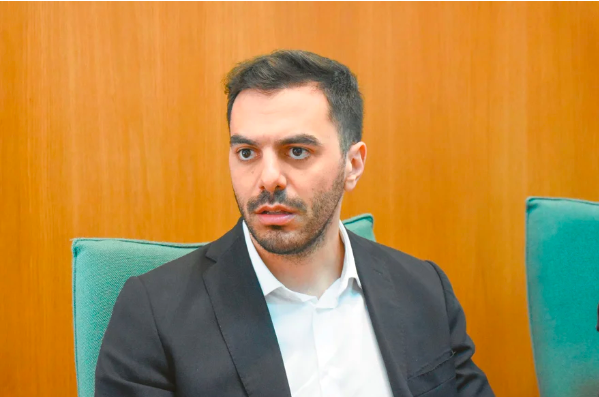
Amidst intense preparations, alliances are being forged and strategies formulated across PASOK’s networks and organizations. There’s a growing sentiment questioning PASOK’s trajectory under Androulakis, with calls for a fresh approach gaining momentum. The phrase “Niko, we lost, don’t look further into it,” reportedly uttered by Thodoros Margaritis, encapsulates the prevailing dissatisfaction.
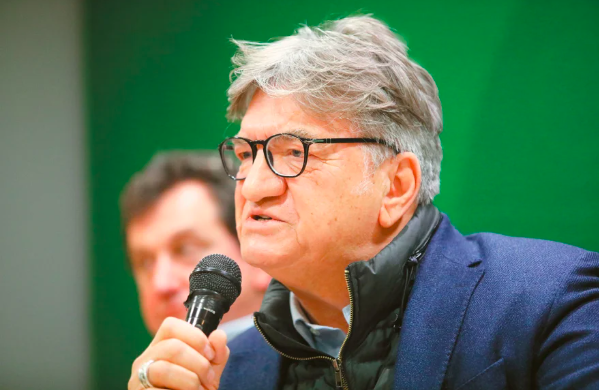
Despite Androulakis’ unpredictability, the recent outpouring of dissent among party executives has created a stifling atmosphere, prompting discussions about a potential leadership change. A proposal by Odysseas Konstantinopoulos for elections by the end of the year was initially considered, but the pace of events now favors a mass restart in September, coinciding with PASOK’s 50th anniversary.
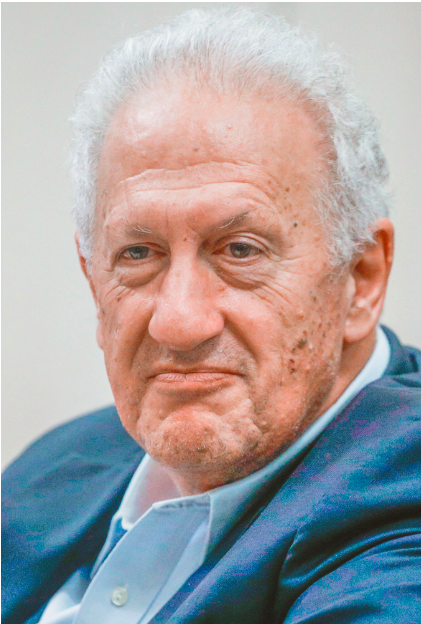
Key figures like Petros Efthymiou advocate for a dynamic leadership contest that revitalizes the party, rather than a drawn-out internal process that risks division. The prevailing sentiment both within and outside Harilaou Trikoupi points towards setting up elections by late September or early October to ensure PASOK’s renewal and unity.
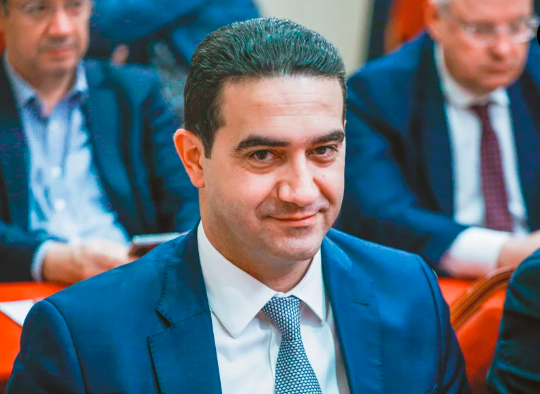
Haris Doukas wields his influence decisively. His decision to enter the fray isn’t merely procedural; it’s a strategic move announced at the Central Committee amidst a robust executive team, their marathon meetings spanning 24 hours. In Harilaou Trikoupis circles, it’s an open secret that Athens’ mayor maintains direct communication with Manolis Christodoulakis, who faces mounting pressure to step aside, seriously contemplating his options. Their consultations are marked by candid exchanges, meticulously weighing each step toward the Central Committee, prepared to pivot promptly should circumstances shift.
Doukas, outlining his intentions, emphasizes a transparent approach within the party if elected. His model hinges on collaboration both within and beyond his faction. Delegating roles among deputy mayors from the “Athens Now” coalition, he maintains a cooperative stance with Kostas Zachariadis, who backed him in a pivotal electoral moment against Kostas Bakoyannis. Doukas affirms his commitment to advancing Athens’ transformation, pledging heightened pressure on governmental bodies to bolster ongoing initiatives—a sentiment echoed by his associates.
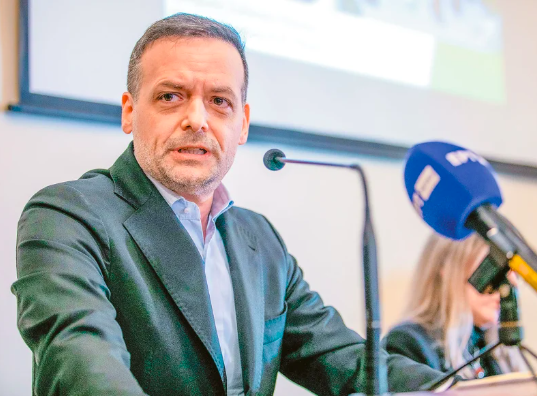
Central to his strategy is collective leadership. Should he ascend as PASOK’s leader, Doukas plans to delegate responsibilities within the Parliamentary Group and the party, ensuring a cohesive approach. Discussions speculate that should Christodoulakis withdraw, Benjamin, poised within the Parliamentary Group, could assume pivotal duties previously held by Michalis Katrinis under Androulakis. Doukas also contemplates expanding roles within his inner circle, fostering an inclusive organizational ethos devoid of retaliatory inclinations.
Guiding his communication strategy is Andrianna Maggania alongside seasoned journalist Pikia Galatis, refining his public persona. Strategic counsel from Christos Protopapas complements this effort, fine-tuning tactics in response to political dynamics. Doukas’ advisory team includes notable figures like Kostas Pandis and Lazaros Karaoulis, adding depth to his strategizing within PASOK’s inner sanctum at Kotzia Square.
Known for his attentive decisive action, Doukas engages in dialogues with key stakeholders across the political spectrum, cultivating alliances crucial for his vision. He garners support from influential figures such as Michalis Katrinis and Pavlos Christidis, alongside strategic consultations with PASOK stalwarts Skandalidis and Efthymiou. Doukas is buoyed by endorsements from prominent women within PASOK, signaling heightened public engagement under his leadership.
Addressing a gathering during a book launch by Giorgos Siakantaris, Doukas underscores his determination to propel PASOK forward, undeterred by the opposition. His focus remains steadfast on rejuvenating PASOK’s core principles, akin to the approach championed by Fofi Gennimata with KIN.AL.
In essence, Doukas emerges as a pivotal figure poised to reshape PASOK’s trajectory, navigating complexities with a blend of strategic foresight and collaborative leadership—a testament to his unwavering commitment to Athens and beyond.
The situation reflects a realistic assessment among many that prolonged pre-election deliberations could fracture the party’s cohesion. As PASOK prepares for its milestone anniversary in September, all eyes are on the candidates and conditions that will guide its future resurgence.

Ask me anything
Explore related questions
